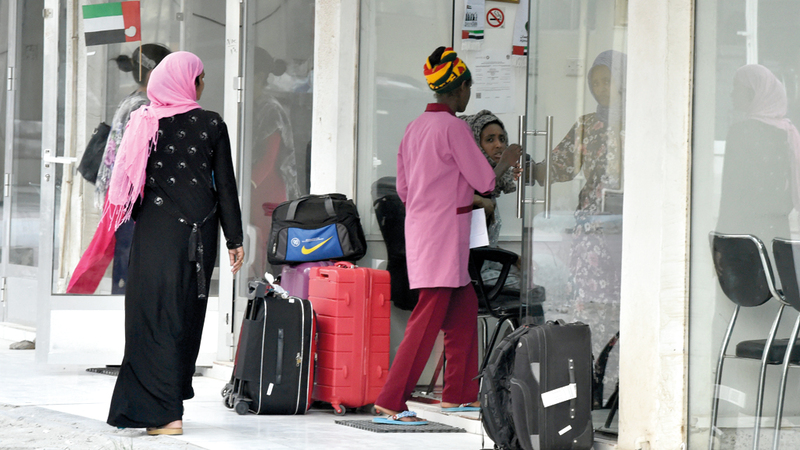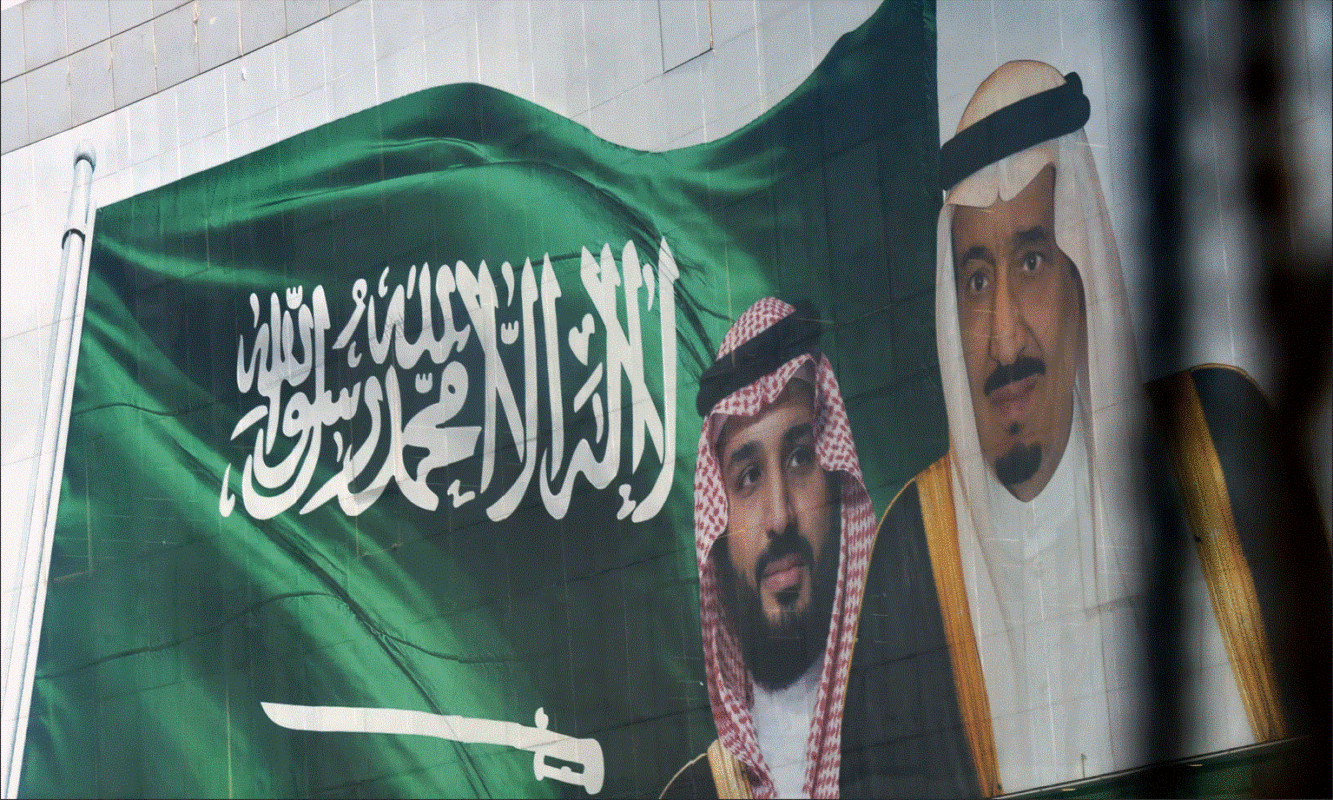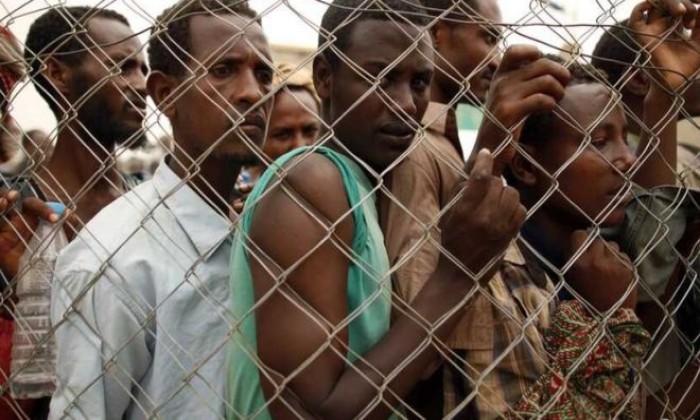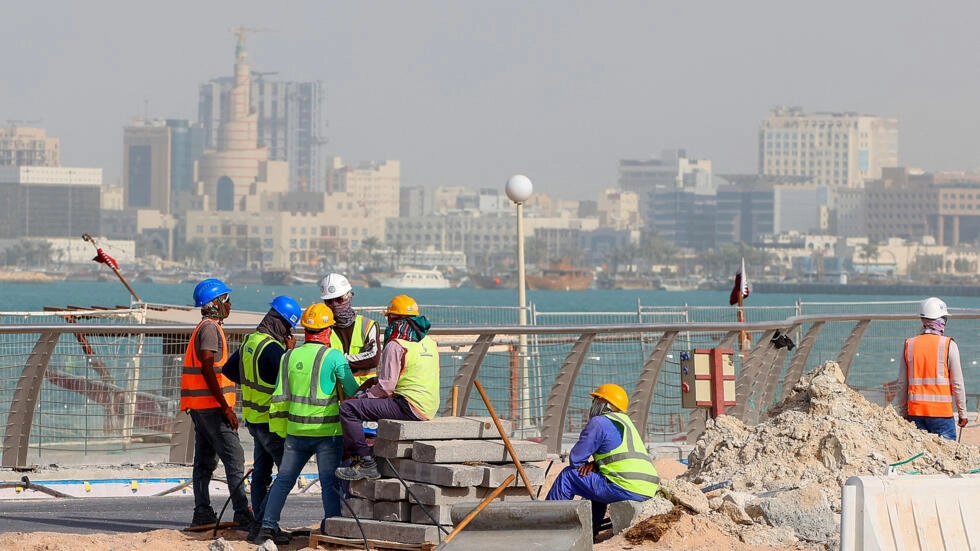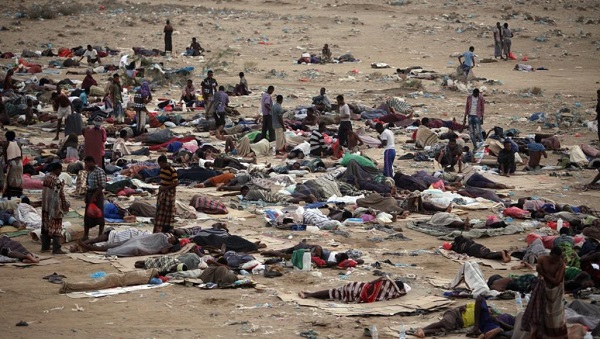Indian women migrant workers in the Middle East and North Africa (MENA) region are expected to reach 6 million in 2-3 years. Due to the loosening of labour restrictions regarding women in the region, for example, the removal of restrictions on work during night hours, there has already been a 23% growth in demand for[…]
Last week, the EU announced a relaxation of Schengen visa rules for the citizens of Saudi Arabia. No human rights compromises were made in exchange. Since democracy constitutes the best umbrella under which human rights can thrive, the next question follows: What is the current state of democracy in Saudi Arabia? In its new report[…]
The Gulf remains a major destination for migrant workers, primarily from southern and Southeast Asia. Often, migrants from Bangladesh, India, Sri Lanka, Pakistan, and numerous other countries travel to the Gulf States to work in low-skilled labour sectors. ADHRB, along with other organisations, reported the systemic discrimination these minorities face, including access to healthcare, threats[…]
Last month, FIFA announced that Saudi Arabia will host the next 2034 World Cup. Their announcement highlights unsolved issues from the 2022 Qatar edition. FIFA and Qatar did not uphold the respect of migrant workers’ rights involved in building the necessary infrastructures for the most important football competition. This negligence convinced different members of the[…]
On the 21st of August, 2023, Human Rights Watch (HRW) published a report on the mass killings of Ethiopians at the Yemen-Saudi border. The research indicates that the indiscriminate use of force by Saudi authorities started in March 2022 and is still ongoing. This crisis is of the utmost importance as, according to the International[…]


